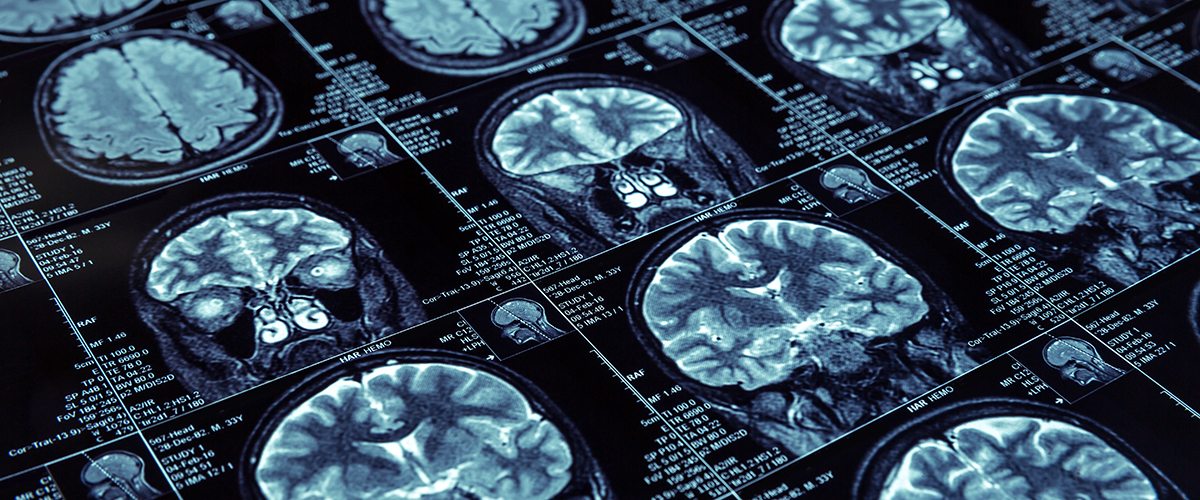[vc_row][vc_column][vc_column_text]
Findings in a study indicate that low doses of THC are therapeutically beneficial for treating Alzheimer’s disease.
Small doses of tetrahydrocannabinol (THC) are beneficial for treating Alzheimer’s disease, according to a preclinical study published in the Journal of Alzheimer’s Disease.
Using a cellular model of Alzheimer’s disease, neuroscientists at the University of South Florida found that extremely small doses of THC are effective at inhibiting the production of amyloid-beta proteins. Considered hallmarks of Alzheimer’s disease, amyloid beta proteins, or plaques, build up in the brain and interfere with cell communication and nutrient transport, leading to cell death.
“THC is known to be a potent antioxidant with neuroprotective properties, but this is the first report that the compound directly affects Alzheimer’s pathology by decreasing amyloid beta levels, inhibiting its aggregation, and enhancing mitochondrial function,” said Chuanhai Cao, PhD, the study’s lead author.
“Decreased levels of amyloid beta means less aggregation, which may protect against the progression of Alzheimer’s disease. Since THC is a natural and relatively safe amyloid inhibitor, THC or its analogs may help us develop an effective treatment in the future.”
Currently there is no cure for Alzheimer’s disease, which affects more than an estimated 5 million people in the United States. According to the Alzheimer’s Association, by 2050 the number of people in the U.S. with Alzheimer’s could rise to as high as 16 million.
The study’s findings are among the latest to be added to a growing body of evidence indicating that cannabis may hold the key to treating Alzheimer’s. Earlier this year, scientists from Salk Institute claimed they believed cannabis could help cure Alzheimer’s disease if the substance were rescheduled under federal law to remove regulations restricting research. Investigators at the institute had previously found evidence indicating THC’s effectiveness at breaking down the buildup of beta-amyloid protein plaques and reducing cell inflammation. An animal study conducted earlier this year found THC to restore memory and cognitive abilities, suggesting the cannabinoid could potentially help treat dementia.
“While we are still far from a consensus, this study indicates that THC and THC-related compounds may be of therapeutic value in Alzheimer’s disease,” said Neel Nabar, a study co-author and MD/PhD candidate. “Are we advocating that people use illicit drugs to prevent the disease? No. It’s important to keep in mind that just because a drug may be effective doesn’t mean it can be safely used by anyone. However, these findings may lead to the development of related compounds that are safe, legal, and useful in the treatment of Alzheimer’s disease.”
The study also found THC enhanced mitochondrial function, meaning it improved the ability of cells to supply energy and transmit signals, therefore helping to maintain their health. The researchers also investigated whether combining THC and caffeine together had any impact on the effects, but none were observed.
You can access the entire study, “The Potential Therapeutic Effects of THC on Alzheimer’s Disease,” via IOS Press.
Learn more about the research on cannabis and Alzheimer’s disease by visiting our education page.[/vc_column_text][/vc_column][/vc_row]






